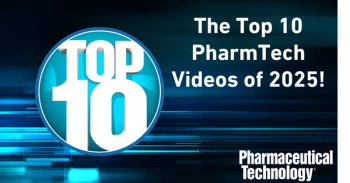
The top 10 PharmTech videos of the year cover advanced therapies, high-concentration biologics, major mergers and acquisitions, AI use, and regulatory challenges.

Associate Editorial Director

The top 10 PharmTech videos of the year cover advanced therapies, high-concentration biologics, major mergers and acquisitions, AI use, and regulatory challenges.
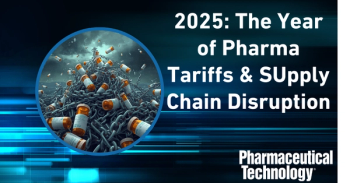
US pharma tariffs in 2025 forced companies to invest billions in reshoring manufacturing, mitigating rising costs, supply chain strain, and R&D delays.

Our top 10 articles of 2025 covered pharma tariffs, MFN deals, FDA leadership changes, 483 quality issues, and a soar in MASH competition.

Mike Stenberg, LGM Pharma, outlines how GLP-1s, AI, and 505(b)(2) delivery shifts are driving pharmaceutical innovation.
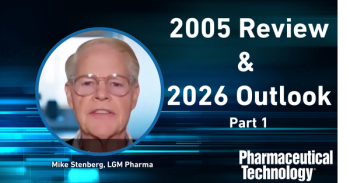
Mike Stenberg, LGM Pharma, notes rising FDA audits in China/India and supply chain risks forcing deeper vetting and stock.
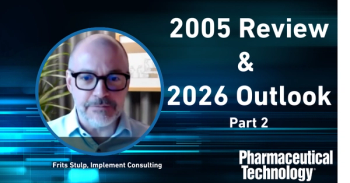
Frits Stulp, Implement Consulting, says AI and global collaboration are key to addressing patent cliffs and accelerating regulation.

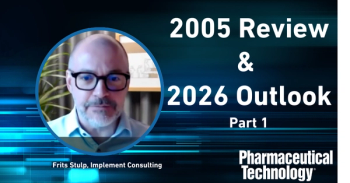
Frits Stulp, Implement Consulting, discusses the exciting potential of AI and “trusted regulatory spaces” for drug discovery and delivery.

Megha Sinha, Kamet Consulting, explains how pharma can adopt AI orchestration and living decision engines to mitigate geopolitical risk and boost speed-to-market.

FDA approve Cytokinetics’ Myqorzo for oHCM. The required REMS for heart failure risk aligns with key regulatory and safety foci.
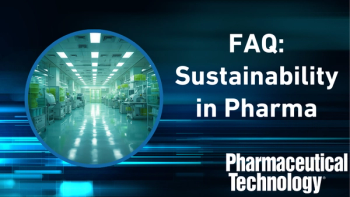
With pharma sustainability regulations in most of the world getting stricter and partners requiring sustainable practices, it’s important for industry professionals to know the basics.
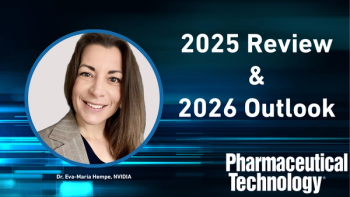
Dr. Eva-Maria Hempe, NVIDIA, looks back at 2025 and ahead to 2026, noting that AI accelerates pharma overall, particularly in manufacturing and business operations.

Industry experts talk with PharmTech, Pharmaceutical Commerce, Applied Clinical Trials, and Pharmaceutical Executive about FDA's CNPV pilot program.
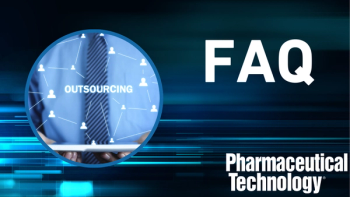
With big moves and investments being made via pharma outsourcing, it’s important for industry professionals to stay on top of trends and innovations.

Five experts in the bio/pharmaceutical industry explore the FDA Commissioner’s National Priority Voucher (CNPV) pilot program.

Five bio/pharmaceutical industry experts discuss the impacts of the FDA Commissioner’s National Priority Voucher (CNPV) pilot program.

Industry experts weigh in on the CNPV's demands for flawless CMC pre-submission, affordable pricing, expanded communication, and more.
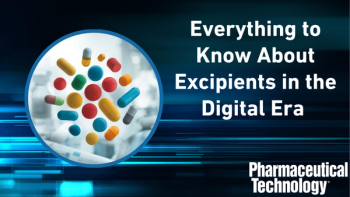

FDA’s CNPV pilot aims to speed drug reviews but raises questions about safety trade-offs, resource strain, and unclear incentives for sponsors.
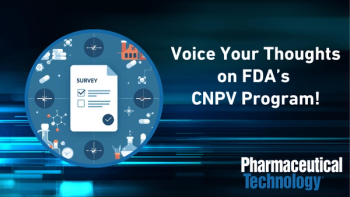
Take our survey to voice your opinions on the bio/pharma industry impacts of the FDA Commissioner’s National Priority Vouchers program.

At AAPS PharmSci 360 2025, Elly Zhou says digital twins helped forecast the effects of drugs on human drugs via a digital control arm.

At AAPS PharmSci 360, Xialing Li, PhD, says 3D-printed budesonide tablets achieve precise, delayed delivery to the ileum for IgA nephropathy, lowering in vivo variability.

At AAPS PharmSci 360, Xuanzi Zhou says digital twins accurately predict ex vivo lung function, revealing therapeutic effects missed by conventional preclinical drug testing.

Siddhant Sojitra, Alexion, defines in an AAPS PharmSci 360 2025 presentation an agitation model to reliably test stability for early-stage biologics.

In a poster presentation at AAPS PharmSci 360, by Dineli Ranathunga, PhD, indicates that AI/ML in-silico modeling can accelerate poorly soluble drug development.
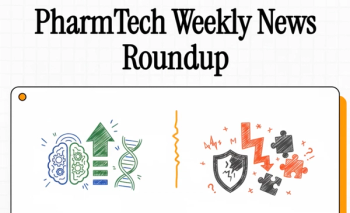
AI is transforming pharma R&D, bioanalysis, and manufacturing. The industry faces intense competition (obesity wars) and FDA regulatory instability.

Analysis of FDA 505(b)(2) data (2024–2025) shows 69 drug reformulations, with a focus on enhancing stability and patient comfort, utilizing new dosage forms, and innovative strategies.

With pharmaceutical tariffs fundamentally impacting costs, global supply chains, and more, it’s important for industry professionals to understand the basics.
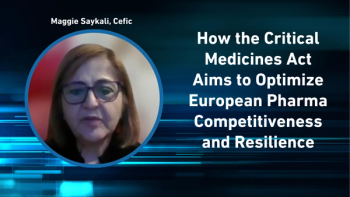
Maggie Saykali reviews the key points of her CPHI Frankfurt presentation on the potential game-changing opportunities of the Critical Medicines Act.
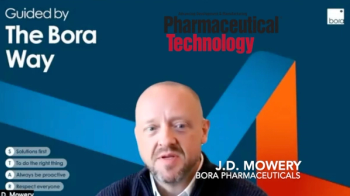
J.D. Mowery, Bora, says global sustainability standards are good, AI implementation demands data cleansing, and outsourcing must mature.